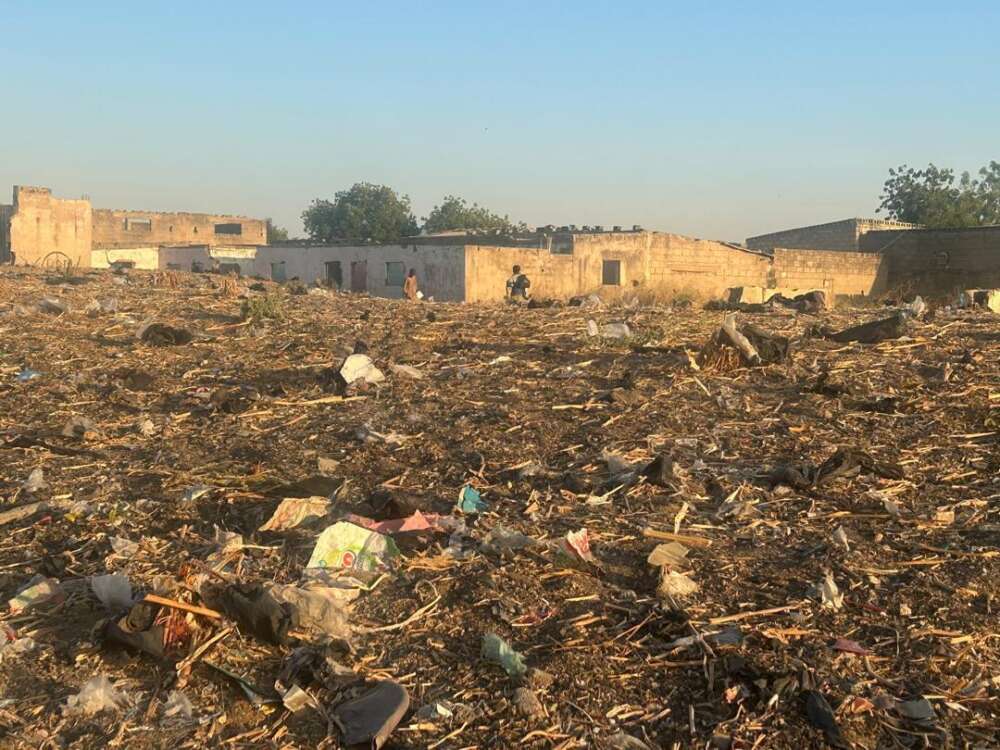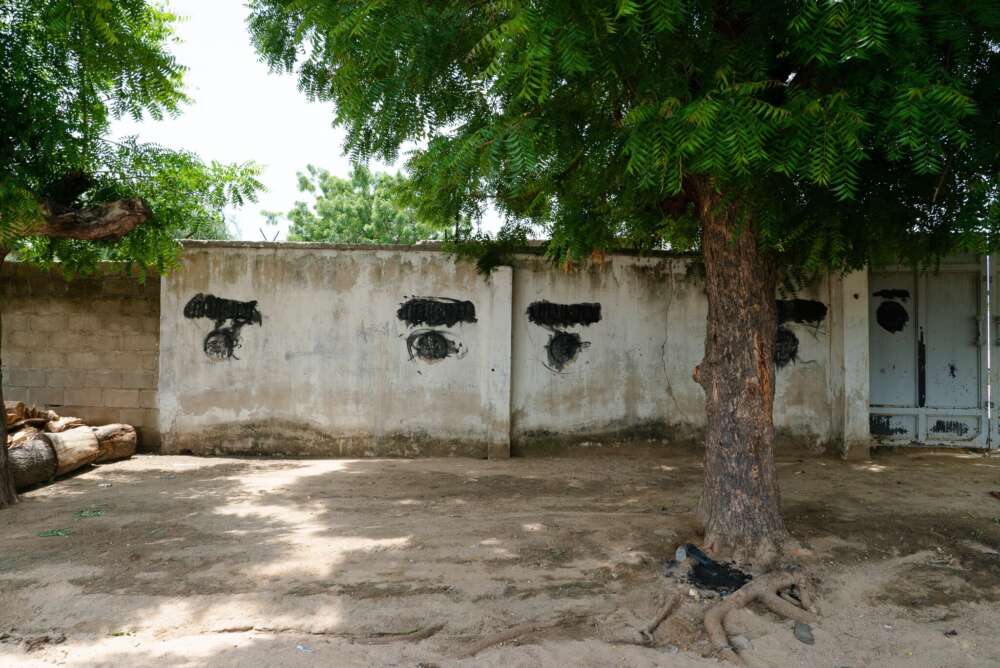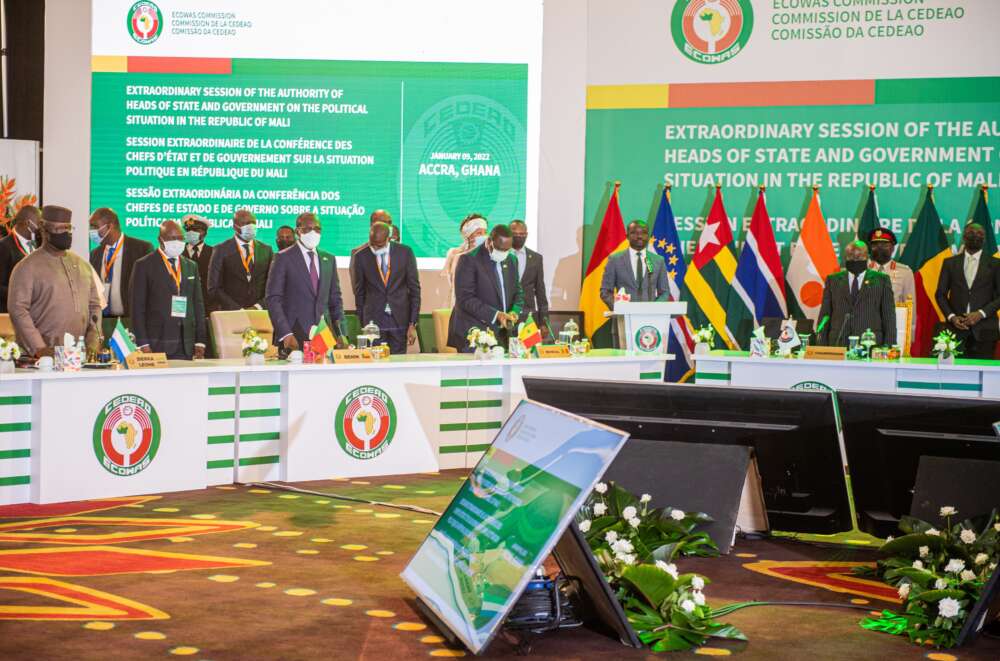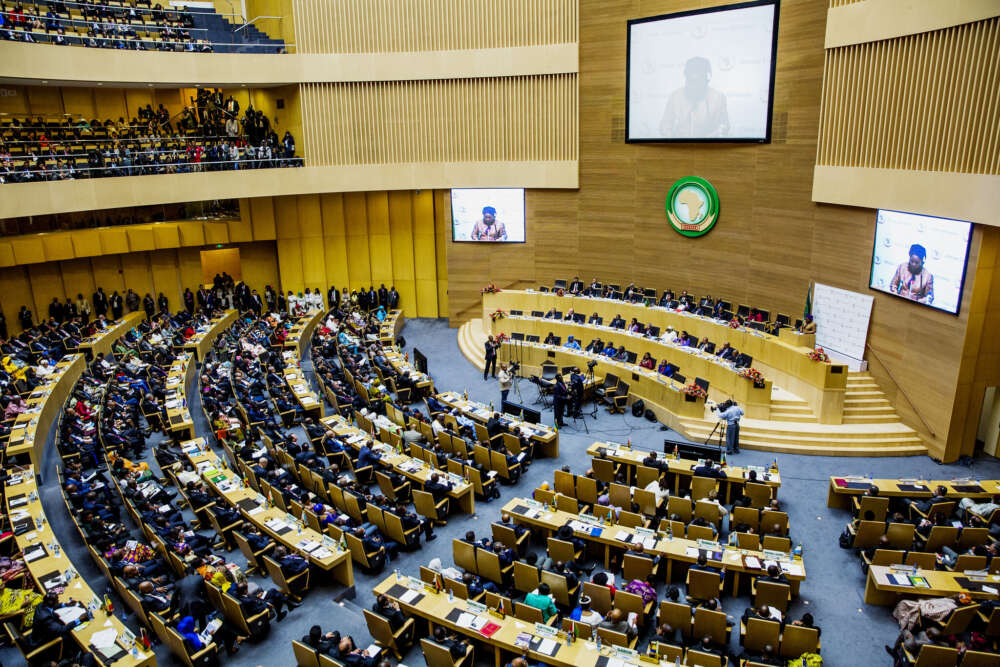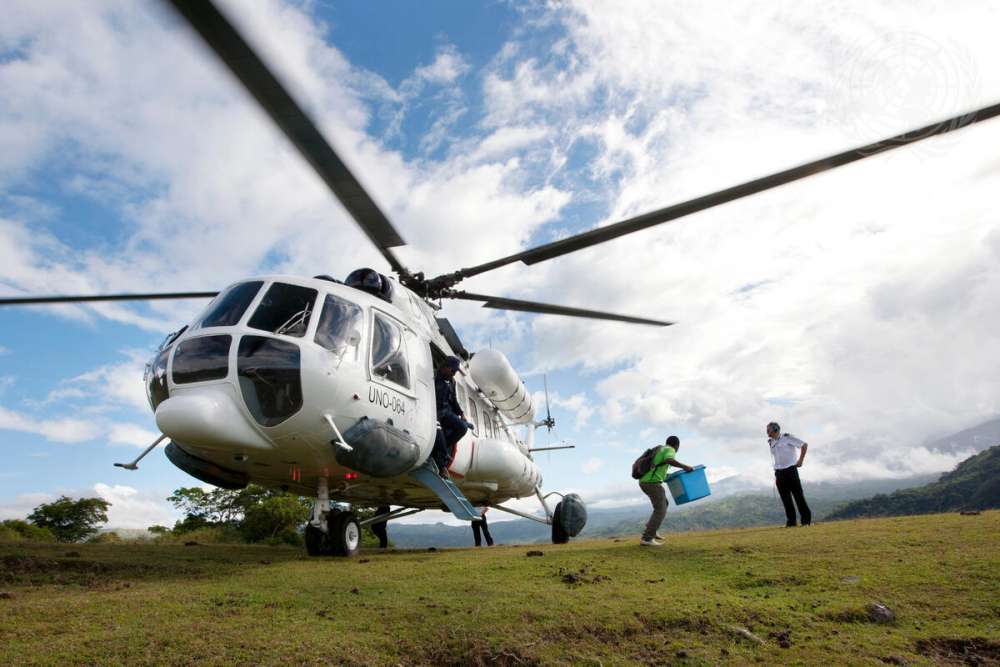Ask the Experts: Rethinking Mediation Efforts in Sudan
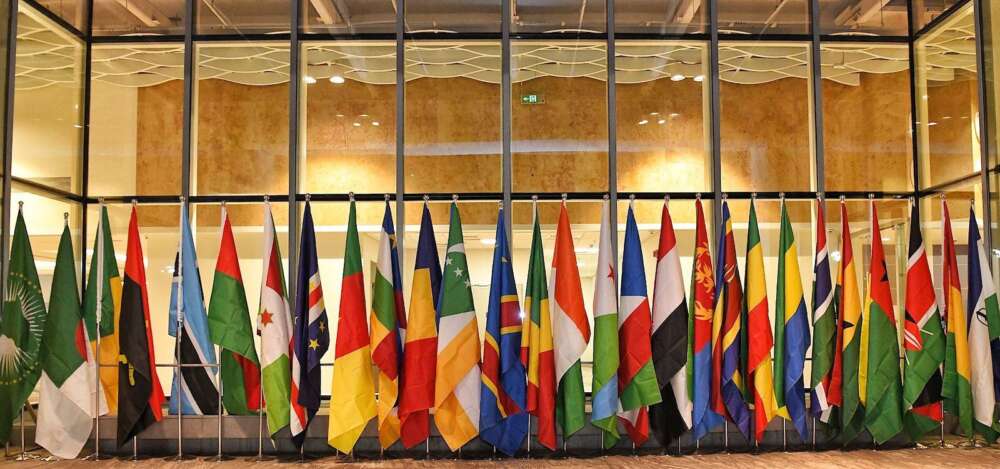
As part of our project Political Tools for Managing Crises in Africa (jointly implemented by the Global Public Policy Institute (GPPi) and the Institute for Security Studies (ISS)), we have invited two experts to weigh in on the ongoing efforts to mediate the violent conflict in Sudan.
Since April 15, 2023, when civil war erupted in Sudan, this conflict has quickly become one of the world’s most acute humanitarian and political emergencies.
The intense fighting – a power struggle (mainly) between the government-backed Sudanese Armed Forces (SAF) and the paramilitary Rapid Support Forces (RSF) – has killed over 100,000 people. Roughly one in five Sudanese people have been displaced, both within Sudan and driven across international borders; famine conditions are widespread. The war has exacerbated pre-existing societal vulnerabilities and triggered further instability throughout the region. Mediation efforts have not been able to stop the fighting, let alone produce a stable ceasefire — and time is running out to mitigate Sudan’s full collapse.
Numerous actors have attempted to shape Sudan’s peace process, including the African Union (AU), the Intergovernmental Authority on Development (IGAD), the League of Arab States, the United Nations, the United States, Saudi Arabia, Egypt, and Türkiye. The results have been fractured and underwhelming, marked by overlapping initiatives and uncoordinated diplomacy.
Various mediation initiatives have been taken up, both bilaterally (most prominently, in the Jeddah talks) and by multilateral institutions, such as the AU and IGAD. The parallelism of these initiatives raises questions around the efficacy of such processes in securing a durable ceasefire. Can competing initiatives be corralled into one coordinated mechanism? What kind of leadership will help make progress in managing the Sudan crisis? And to whom should we look for this leadership?
Two experts address these issues below:
- Gerrit Kurtz, Associate at the German Institute for International and Security Affairs (SWP): Gerrit Kurtz stresses the importance of leadership over institutional identity — and calls on the international community to step up their efforts, given the protracted nature of the conflict.
- Kinetibeb Kassa, Advocacy and Campaigns Manager at Crisis Action: Kinetibeb Kassa argues for a profound reimagining of the mediation architecture to better leverage the geopolitical interests of Arab states, while building on AU and IGAD’s networks with civilian actors.
Together, their contributions provide food for thought on what effective mediation means in today’s multipolar world — and what a more coherent response might look like for Sudan.
Any Leadership Welcome
Gerrit Kurtz
Whether it be Saudi Arabia, the United States, Egypt, the African Union, the United Nations, IGAD, Türkiye, or Qatar – many countries and international organizations have been involved in mediation efforts in Sudan or have been suggested as potential mediators. The results: competition, forum-shopping, and ever more violence. Every mediator has weaknesses, be it their influence on, or bias toward one of the conflict parties, their lackluster approach, distraction, or lack of capacity. Ultimately, international actors (or, it seems, the Sudanese) have little influence on who will lead a peace process.
At the moment, no one party is really leading anything when it comes to Sudan. There has been a dearth of effective initiatives following frustration over the parties’ lack of commitment, the new government in the US and the battlefield advances of the Sudanese Armed Forces culminating in the recapture of central Khartoum in late March. Given the scale of the immense suffering in Sudan and the increasing regionalization of the conflict, this lack of leadership is an indictment of our current international order.
What Sudan needs in order to stop this madness is more coherent and effective international leadership. Everyone, including those in Europe, should be asking themselves what they can bring to the table and how they can contribute to shaping the mediation process. Effective mediation leadership would entail maintaining communication channels to the various parts of the armed coalitions, while being in continuous exchange with other diplomats about any openings and leads they may encounter.
Increasing the cost (to meddle) for external sponsors can be just as essential as supporting civilian political organizing, ensuring humanitarian access, enabling mutual aid networks or establishing the documenting of human rights abuses.
No comprehensive and inclusive process is likely to emerge in the foreseeable future. In the meantime, virtually any leadership that will help stop this catastrophe is welcome to apply.
Enhancing the African Union’s Potential to Lead Mediation in Sudan
Kinetibeb Kassa
Mediation initiatives for the war in Sudan have grappled with the same challenges: geopolitical rivalries (notably between Arab states), duplicate and competing efforts (such as between the AU and IGAD) and growing societal polarization among the Sudanese people. The AU could reclaim its credibility by engaging external actors who are central to the conflict, enhance synergies and reinvigorate Sudanese civilian dialogue.
The UAE, Saudi Arabia and Egypt seek regional stability and economic security. The competition among them, however, risks further destabilizing Sudan as they pursue their own national interests. Although it might prove challenging to get buy-in from all the Arab actors, the AU can turn this rivalry into a cooperative framework, engaging Arab states in a support group. For this mechanism to work, it would need to recognize both the varying economic and security interests, and Sudan’s sovereignty and territorial integrity, while providing an opportunity for all parties to play a constructive role in Sudan’s long-term stability. This means they would need to refrain from backing armed actors and applying diplomatic pressure on parties to end the conflict.
Through a structured coordination channel with IGAD, the AU could ensure synergies for a unified strategic approach at official and technical levels. This would address the informal, uncoordinated and – at times – competing efforts from the two organizations. Better coordination would help to clarify respective roles and responsibilities, strategically engage with the Arab states and become more effective in mediation processes.
Past AU and IGAD efforts to facilitate civilian dialogue have struggled against deep-rooted historical, socio-economic and religious polarizations. Despite these legacies, both organizations must push to create Sudanese-owned dialogues tackling contentious issues and paving the way toward a shared civilian vision for the mediation processes and outcome. Unless they do so, any effort among international actors will fail.
By spearheading a support group with Arab states, fostering structured collaboration with IGAD and the Arab League and facilitating inclusive civilian dialogue, the AU can transform geopolitical rivalries into constructive engagement and steer the conflict in Sudan toward a sustainable, Sudanese-led resolution.
Finding Pragmatic Political Leverage in the Absence of Coordination
Taken together, these two contributions underscore that there are no easy solutions to Sudan’s war — but also that meaningful action is still possible. For the AU and IGAD, this means reasserting their roles not just as conveners, but as political actors capable of aligning external incentives with realities on the ground. The practice of having parties with a stake in the conflict facilitating or convening mediation efforts should be critically reviewed and addressed.
Our project will continue to explore these questions through further research and policy engagement, and will soon publish a policy brief highlighting challenges and opportunities for any coordinated mediation.
A business-as-usual attitude regarding Sudan is likely, but dangerous. Neglecting the war will have dire, long-term implications for Sudan and the wider region. Instead, we call for an urgent, bold and innovative approach to finding mediation solutions to the ongoing violence.
These contributions were collated by Gelila Enbaye (GPPi) and Maram Mahdi, a researcher based in Addis Ababa (Ethiopia) who works on the African Peace and Security Governance Program at ISS.
Please note: The opinions expressed by the authors are their own and do not reflect the official positions of GPPi, ISS or any affiliated organizations.
